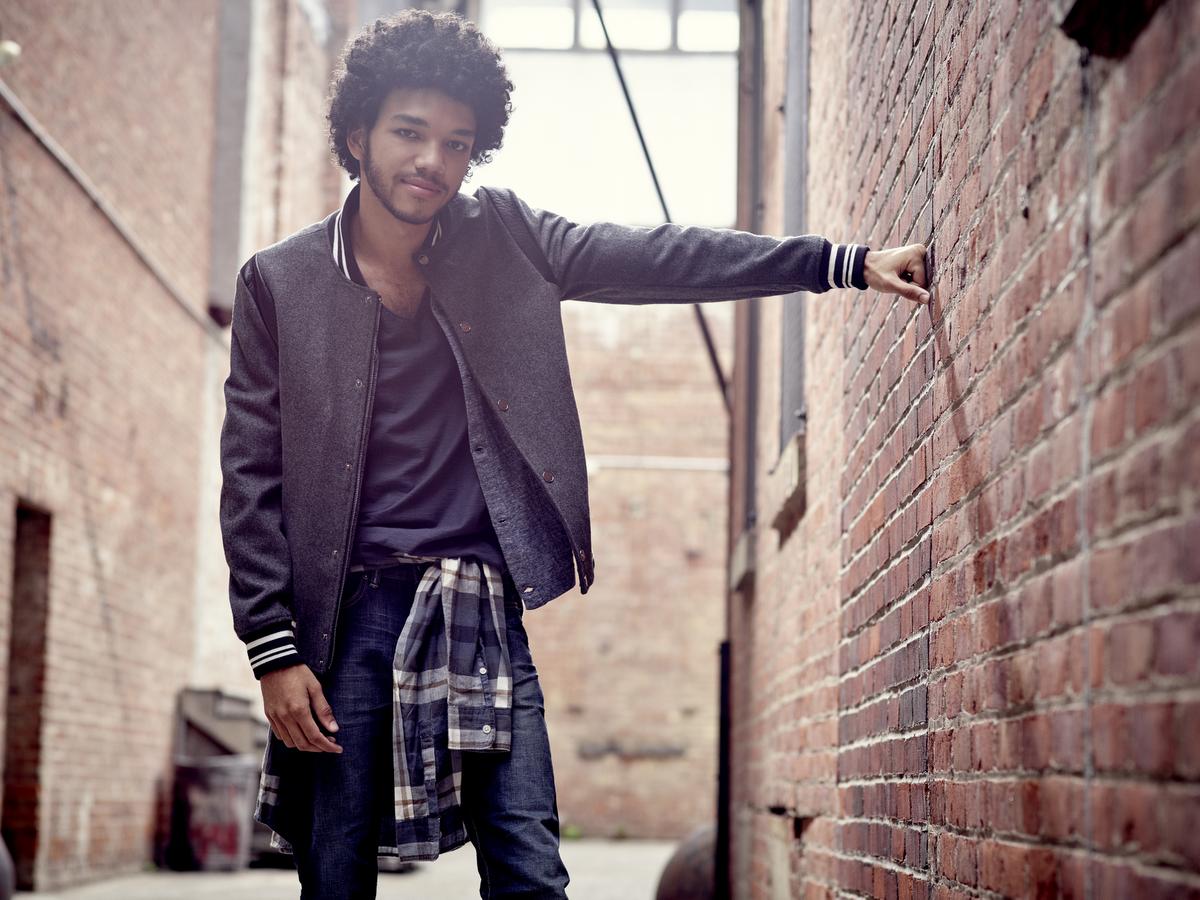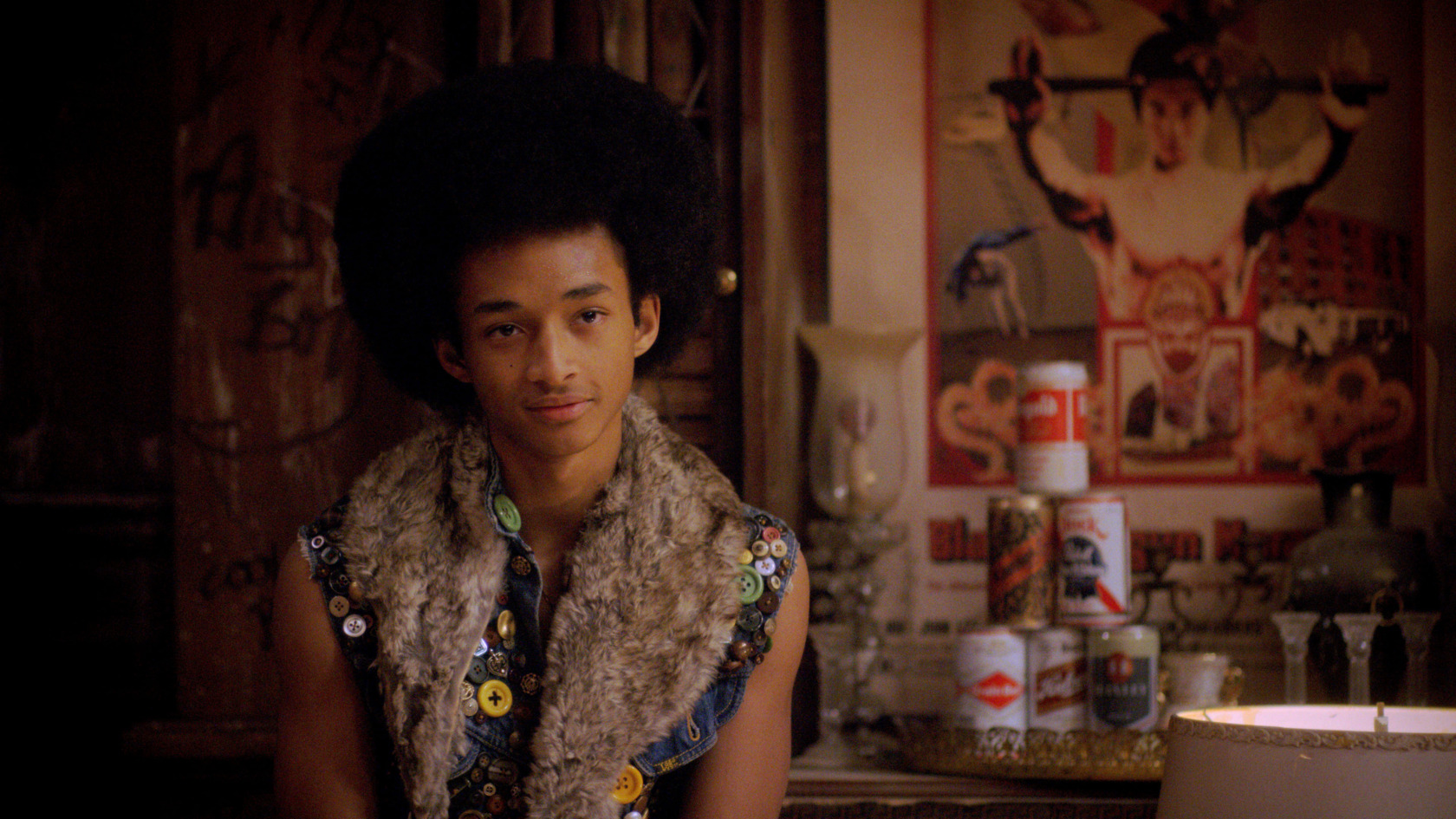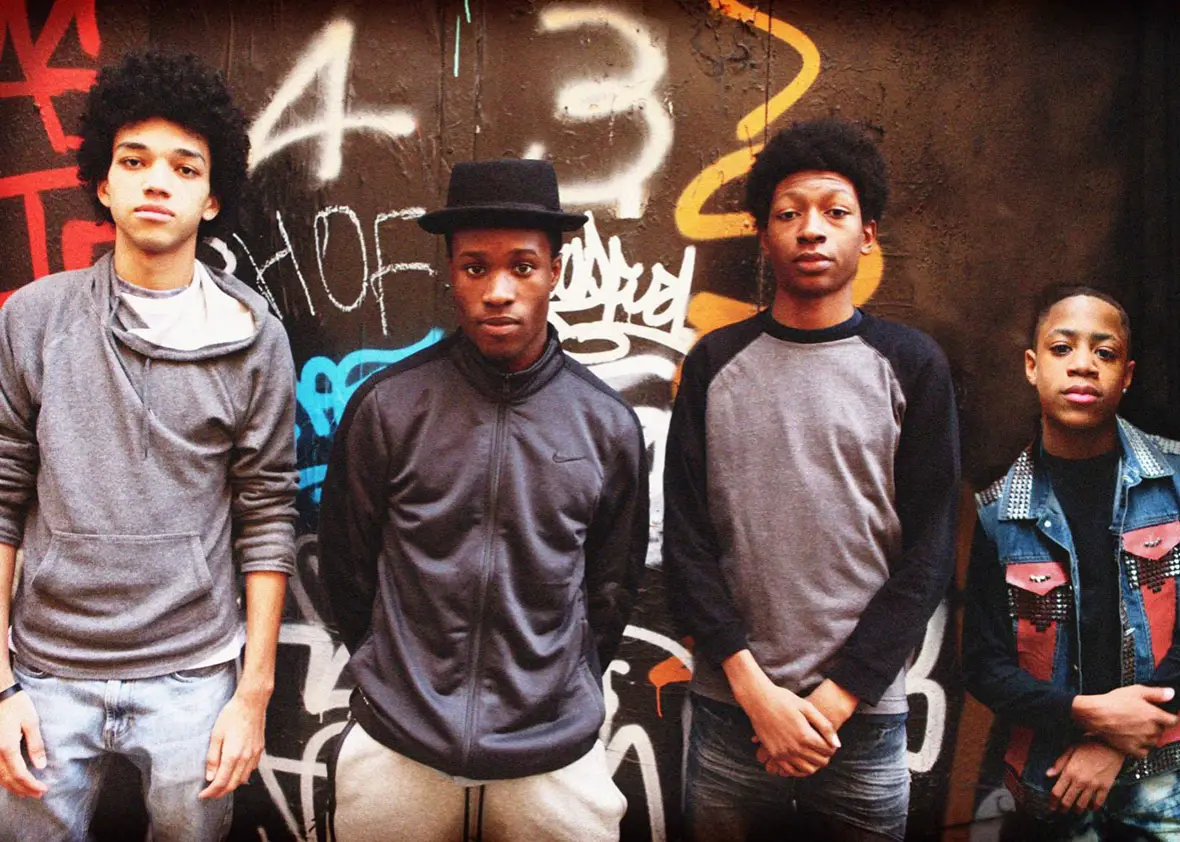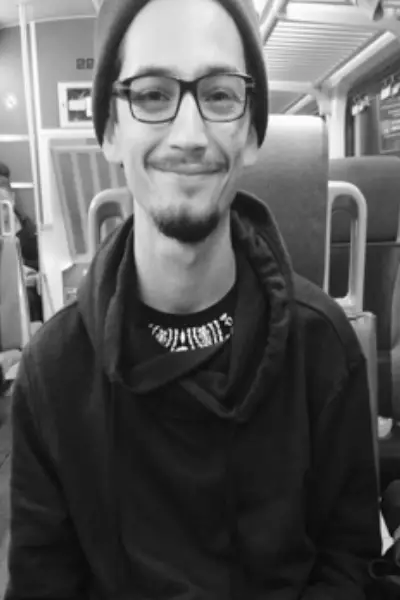Netflix’s plethora of new original shows offers something for everybody to binge watch during the downtime of summer months, whether it’s the new hit show “Stranger Things” or the latest season of “Orange is the New Black.”
However, there is one new show that has been somewhat overlooked during Netflix’s latest bombardment of original content, but nevertheless, it’s a breath of fresh air that paints a realistic picture of New York during the late 1970s.
“The Get Down” is the story of Ezequiel, or Zeke, a teenage poet from the Bronx being raised by his aunt after the violent deaths of his parents.
 He sports a round afro and the colorful long-collared shirts that were seemingly worn by every guy in the disco era. Zeke roams the Bronx streets with his friends, avoiding gangs, telling jokes and trying to win the affection of the girl next door, Mylene.
He sports a round afro and the colorful long-collared shirts that were seemingly worn by every guy in the disco era. Zeke roams the Bronx streets with his friends, avoiding gangs, telling jokes and trying to win the affection of the girl next door, Mylene.
Each character brings a different element of hip-hop culture to the table in “The Get Down,” setting the show up to relive the birth of the genre. First there’s Zeke, whose poetic talent is overshadowed by the struggles he faces in his environment, drawing his attention away from school and onto the streets. His powerful way with words surfaces early in the first episode, only to be shackled by the circumstances that bind him to the Bronx.
The young wordsmith is afflicted by the hopelessness of his upbringing and also the pursuit of Mylene, who has her own dreams in place. Mylene, a Puerto Rican girl who lives in the building adjacent to Zeke, hopes to be the next disco sensation, despite the disapproval of her religious father.
Her desire to leave her father’s church fuels her plans to be discovered and become a beloved starlet like her idol, Misty Holloway. Her Latin upbringing offers another dimension to the predominately African-American cast, bringing religion into the fold but also illustrating the similarities in struggles between minorities in underprivileged areas.
Then there’s Dizzee, played by Jaden Smith, the graffiti artist who fully embraces the “hippie” ideologies of the ‘70s. He spends his time doodling in a black notebook and dreaming up tags to paint onto the subway trains that made graffiti famous.
He’s also obsessed with a mysterious character only known as Shaolin Fantastic, whose antics have become famous in the Bronx. Shaolin is the one who introduces Zeke and his friends to the humble beginnings of hip-hop.

Advised by hip-hop icons like Grandmaster Flash and Nas, who also narrates, the show accurately depicts the Bronx’s transition from disco to the secret parties put on by the forefathers of hip-hop. Pioneering DJ’s like Grandmaster Flash, Kool Herc and Afrika Bambaataa created underground movements that veered away from the flashiness of disco. Disco balls and flashing lights were replaced with turntables and MCs commanding the crowd to dance from wherever they stood. Break-dancers attacked the rhythm in Adidas tracksuits and red pumas while, girls danced in a way that only hip-hop could make them move.
Grandmaster Flash’s character (he doesn’t play himself) ends up hosting a party that Zeke and his friends reluctantly follow Shaolin to, only to discover that they had been missing out on one of the Bronx’s best kept secrets. Flash’s party, aptly titled “The Get Down,” is the boys’ first encounter with the budding world of hip-hop and it instantly feels like home for them.
Thanks to Shaolin and the Wu-Tang-like spiritual teachings of Grandmaster Flash, the boys become immersed into the DJing world, and Zeke discovers what it’s like to be an MC after taking over the mic at “The Get Down.” This new world provides them with a release and allows them to express themselves in a way no other medium could, giving Zeke a method to release his anger, but also let his creative side shine through his rough exterior.
His “too cool for school” mentality put up a roadblock toward academic success, but being an MC became a way to use that “book smart” talent with words in a way that would be respected on the streets. The other boys benefit from Shaolin as well, especially Dizzie, who inherits all of Shaolin’s graffiti supplies when he decides to pursue DJing full time. Together, the boys and Shaolin form a group called the “Fantastic Four + one” and vow to take over the world with bumping music and legendary parties. If that’s not a goal worth chasing then I don’t know what is.
“The Get Down” is successful because it gets the story right. It’s being advised by two of the most prominent names in hip-hop history: Nas and Grandmaster Flash, and it provides a real depiction of the political, social and economic conditions that created an entirely new art form. Instead of turning the show into a dry documentary, director Baz Luhrmann uses vibrant characters to chronicle the rise of hip-hop against a Bronx backdrop of drugs, violence and political scandal.
The show takes a little bit of ‘70s imagery from cult hit “The Warriors,” mixes it with the teenage recklessness of Harmony Korine’s classic “Kids” and tops it off with a dash of “West Side Story” romance to create a masterpiece New Yorkers and hip-hop fans can be proud of.
https://www.youtube.com/watch?v=zejyzr5vW3A
There are moments where the Bronx flashback footage feels excessive and its correlation to the plot gets lost in the sauce, kinda like this, and some of Zeke’s rhyming dialogues induce sarcastic eyerolls, but there is little else the show doesn’t excel at. “The Get Down” acts as a time machine for those who aren’t old enough to remember the late ‘70s, taking you back to the environment that bred hip-hop.
“The Get Down” isn’t another high school show like Degrassi — these high school kids are smoking Wiz Khalifa-sized joints, sneaking into disco clubs and roaming the New York streets without the slightest hint of parental supervision. It’s real life.
“The Get Down” isn’t a science-fiction fantasy about a disappearing kid, or a visualization of a book about one woman’s time in prison; this is a show that transcends time and explains how the world first fell in love with hip-hop.


















[…] the ways in which systemic racism, which began with slavery, caused Black people to create their own modalities of creative expression. Enslaved people had to wear clothing discarded by white slave owners, something that the film […]